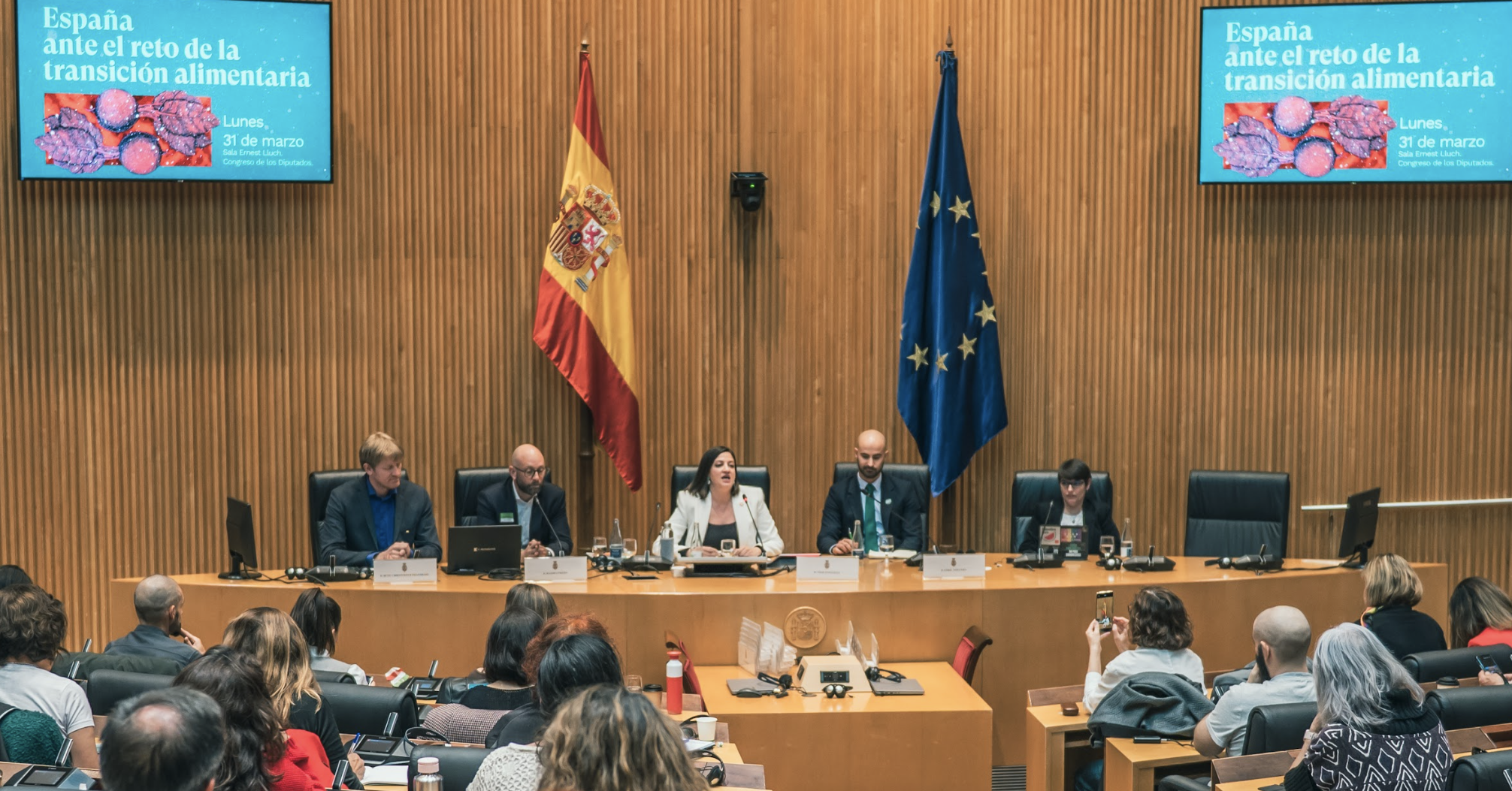Director of Outreach and Engagement
Specifics:
● Terms of employment: Full-time, exempt
● Reports to: Executive Director
● Location: Los Angeles or Remote
● Benefits: Remote work, flexible hours, health benefits, retirement plan, room for advancement
Salary: $60,000-$70,000 depending on experience
Overview:
Animal Outlook, (AO) is a national non-profit animal protection organization working to disrupt animal agribusiness by exposing truth and inspiring change. AO is seeking a Director of Outreach and Engagement (DOE). This role is focused on promoting vegan lifestyles to target audiences and conducting in-person and digital advocacy to build community and engagement around AO’s work and mission. The DOE is responsible for maintaining and growing AO’s existing outreach program and executing specialized engagement projects, including VegWeek and promoting AO’s investigations and legal advocacy work. The DOE will also grow, train, and oversee a volunteer network and build relationships with key individuals and groups to extend AO’s reach.
Responsibilities:
1. Develop and implement outreach strategies to inspire individuals, communities, and institutions to adopt vegan lifestyles.
2. Organize and participate in community events, including tabling at festivals, conferences, and public gatherings, to engage directly with audiences and distribute educational materials.
3. Participate in social media activities by helping to create engaging content and campaigns to amplify vegan messaging.
4. Build relationships with businesses, community organizations, and influencers to promote vegan initiatives and expand the organization’s reach.
5. Recruit, train, and manage outreach volunteers to execute campaigns effectively, fostering a collaborative and mission-driven work environment.
Qualifications:
1. 3+ years’ experience in volunteer mobilization or campaigning work
2. 3+ years’ management and leadership experience
3. Knowledge and experience with the animal protection movement
4. Proven track record influencing others to go vegan
5.Experience coordinating outreach and events
6. Alignment with AO’s mission
7. Strong interpersonal skills and confidence representing AO on camera
8. Strong organizational and project management skills
9. Entrepreneurial spirit, ability to work independently and strong creative skills.
Applicants should send CV and Cover Letter explaining interest and qualifications. Applicants must also answer the following four questions:
1) Why are you passionate about promoting vegan lifestyles?
2) Describe a successful outreach campaign or event you’ve led. What strategies did you use, and what were the outcomes?
3) How would you balance in-person outreach (e.g., tabling at events) with digital outreach (e.g., social media campaigns) to maximize impact?
4) How would you build and manage a team of volunteers and coordinators to ensure the success of an outreach campaign? Provide an example of how you’ve motivated or led a team in the past.
Applicants should submit CV, Cover Letter and question responses via email to jobs@animaloutlook.org


